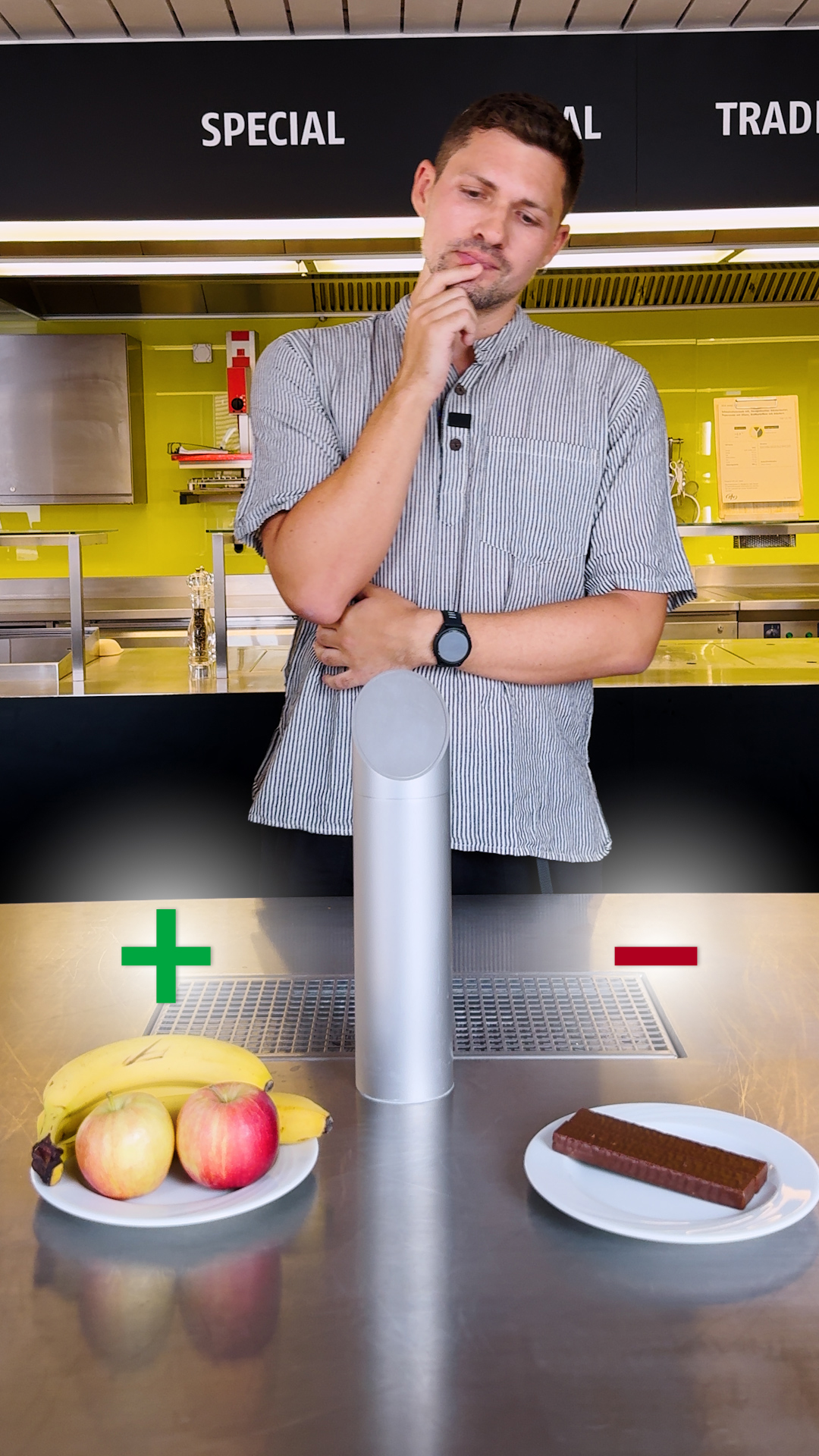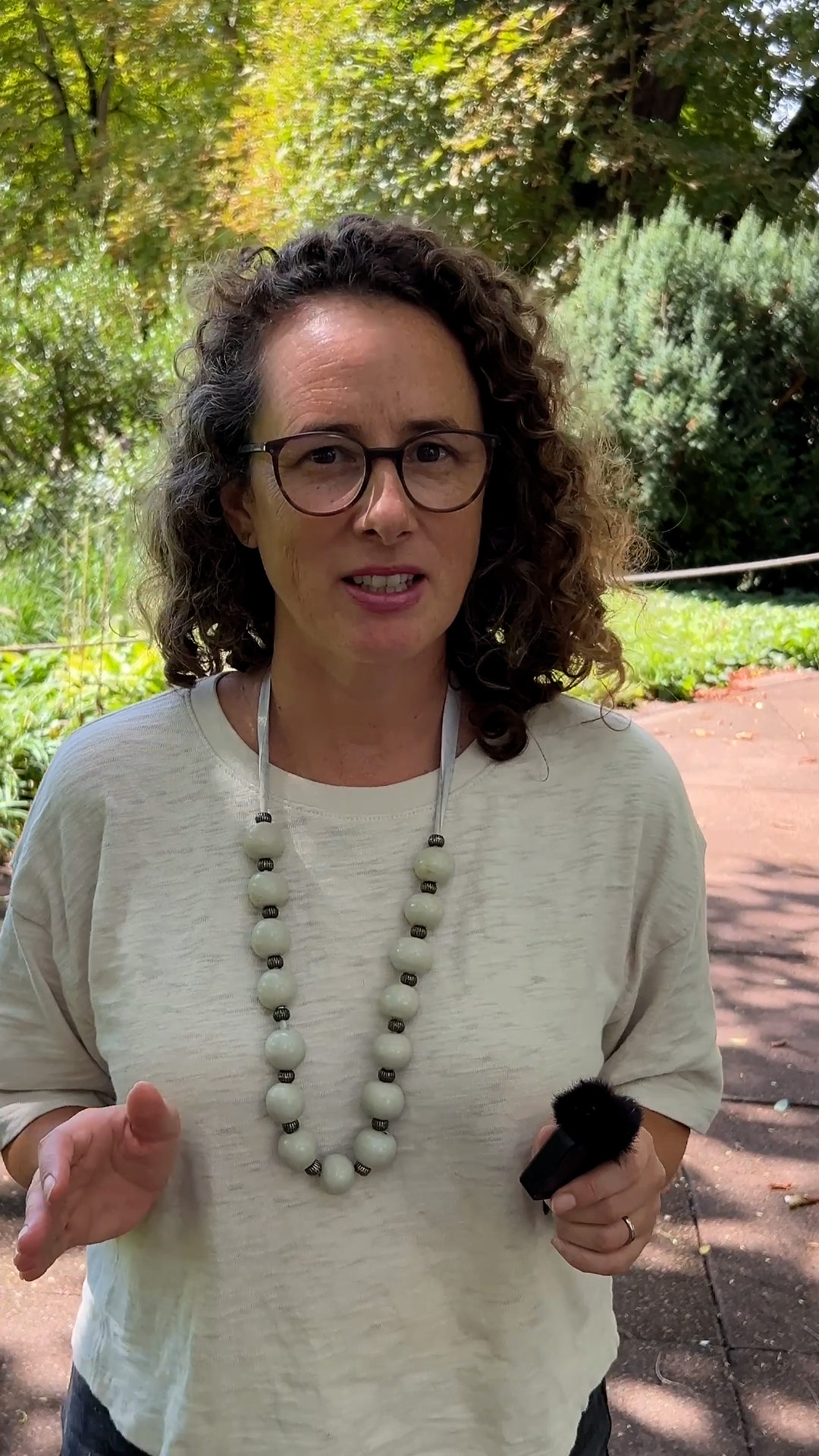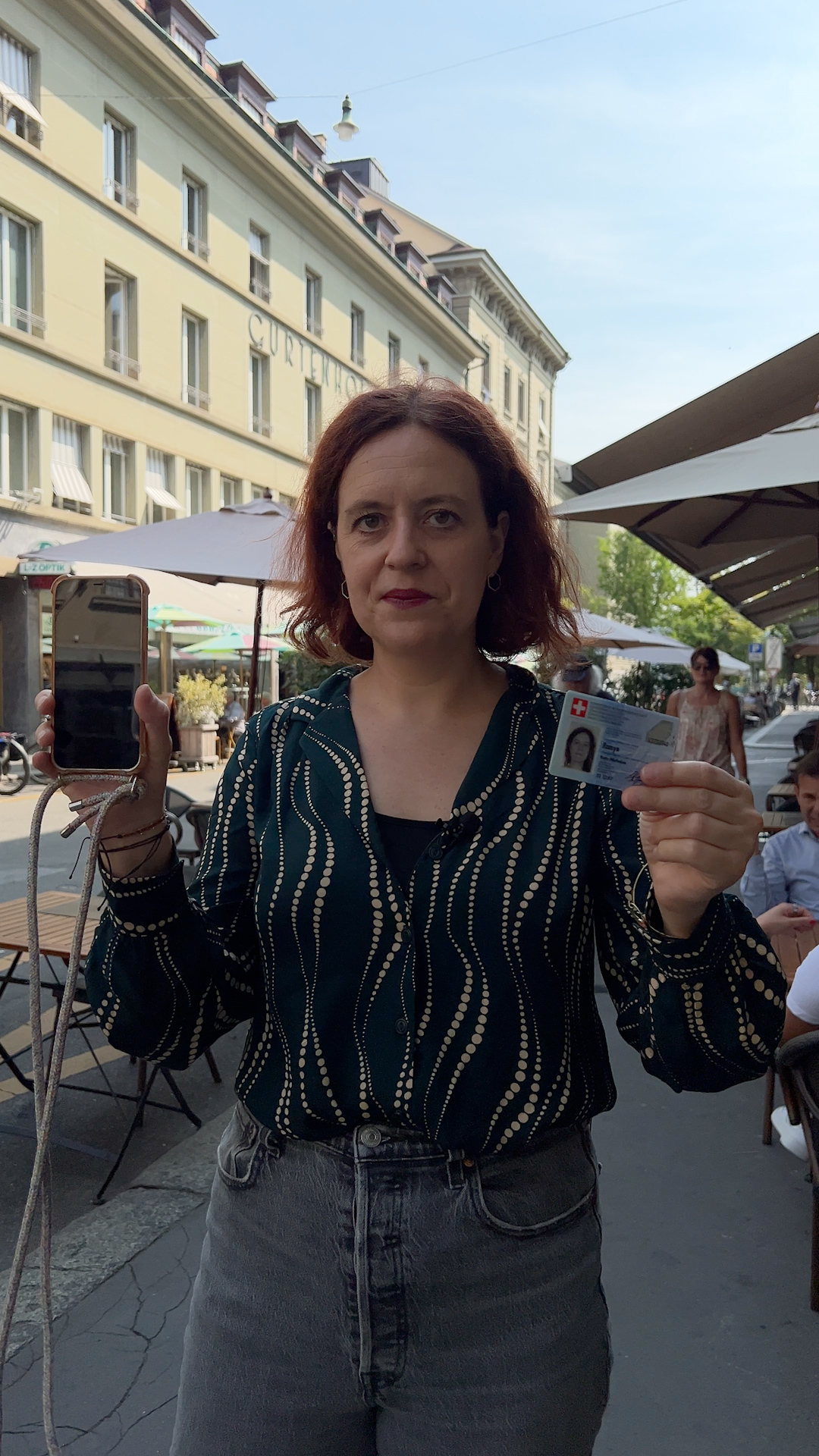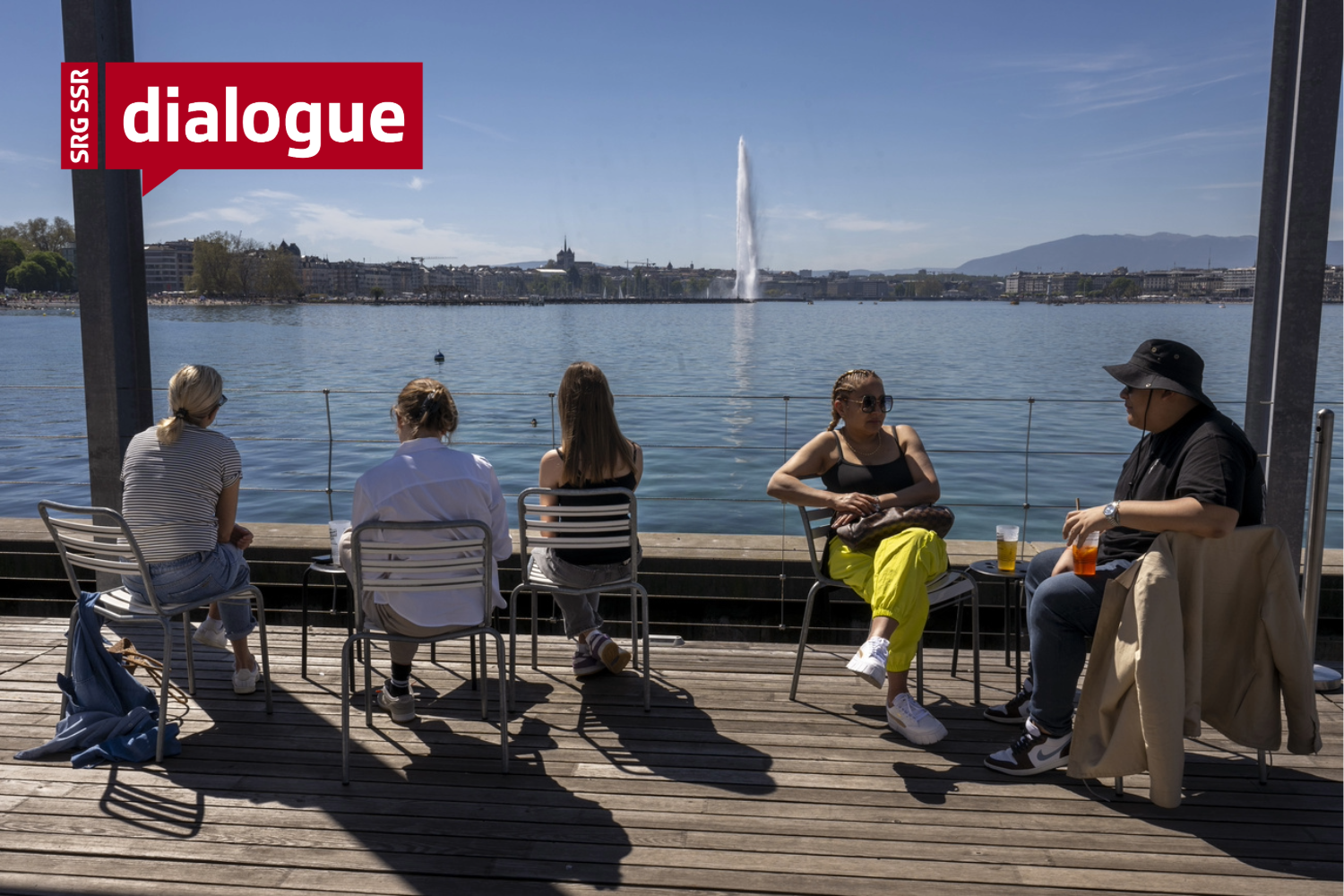
Swiss women mark 30th anniversary of right to vote

Thirty years ago, on February 7, 1971, Swiss women finally won the right to vote on a national level. The occasion was a milestone in a dogged quest for equal rights, but true equality, on a political, economic and social level, remains a long way off.
The anniversary is certainly an occasion to celebrate, not only for women but for all of Swiss society, says Chiara Simoneschi-Cortesi, President of the Federal Commission on Women’s Issues.
“We know the situation is not yet perfect,” she told swissinfo, “but when you look at parliaments in other parts of Europe – not Northern Europe – but Italy or France, then we see that Swiss women are relatively better off.”
In terms of political representation, women hold 23 per cent of seats in parliament, putting Switzerland 10th in Europe, behind countries such as Belgium, Austria, Spain and, at the top of the table, Sweden, where women make up 43 per cent of MPs.
Of the 200 members in the Swiss House of Representatives, 46 are women, while in the Senate, nine of the 46 members are women.
Their participation has steadily increased over the past three decades, but recent trends suggest that fewer women are entering politics. During the 1999 parliamentary elections, there was a decline in the number of women running as candidates.
“That’s not a positive development,” says Simoneschi-Cortesi, “because the more women who stand as candidates, the greater the chances they will be elected.”
Another negative trend is that the proportion of women candidates on individual party lists remains low. Simoneschi-Cortesi says: “On a national average, it’s not so bad – 35 per cent – but in certain parties and certain language regions the number is considerably less.”
Simoneschi-Cortesi says it is up to the parties to ensure that women are well represented on their lists, and to see to it that women don’t wait until the last minute before deciding to be a candidate.
She adds that financial help is also important to offset high campaign costs and that women should be given a higher media profile in pre-election coverage.
Beyond politics, women have come closest to achieving equality in education, where equal rights are assured, at least in theory.
It’s a different story in the workplace, though, says Simoneschi-Cortesi. “Women are still severely under-represented at the upper management level. Many work only part time, which creates problems regarding social benefits. There is still no guarantee of maternity benefits.”
One area of progress seems to be in how the media portray women politicians. A study of coverage in the 1999 elections showed that questions asked of women candidates didn’t focus so much on gender-specific issues.
Simoneschi-Cortesi says there were fewer questions about how women could reconcile their political ambitions with family responsibilities. “A man is never asked that question,” she says.
Simoneschi-Cortesi believes that women have to play an active role in achieving equality. “Here, women must be made more aware that, if they want, they can also contribute to the process of change.”
by Paul Sufrin

In compliance with the JTI standards
More: SWI swissinfo.ch certified by the Journalism Trust Initiative







































You can find an overview of ongoing debates with our journalists here . Please join us!
If you want to start a conversation about a topic raised in this article or want to report factual errors, email us at english@swissinfo.ch.